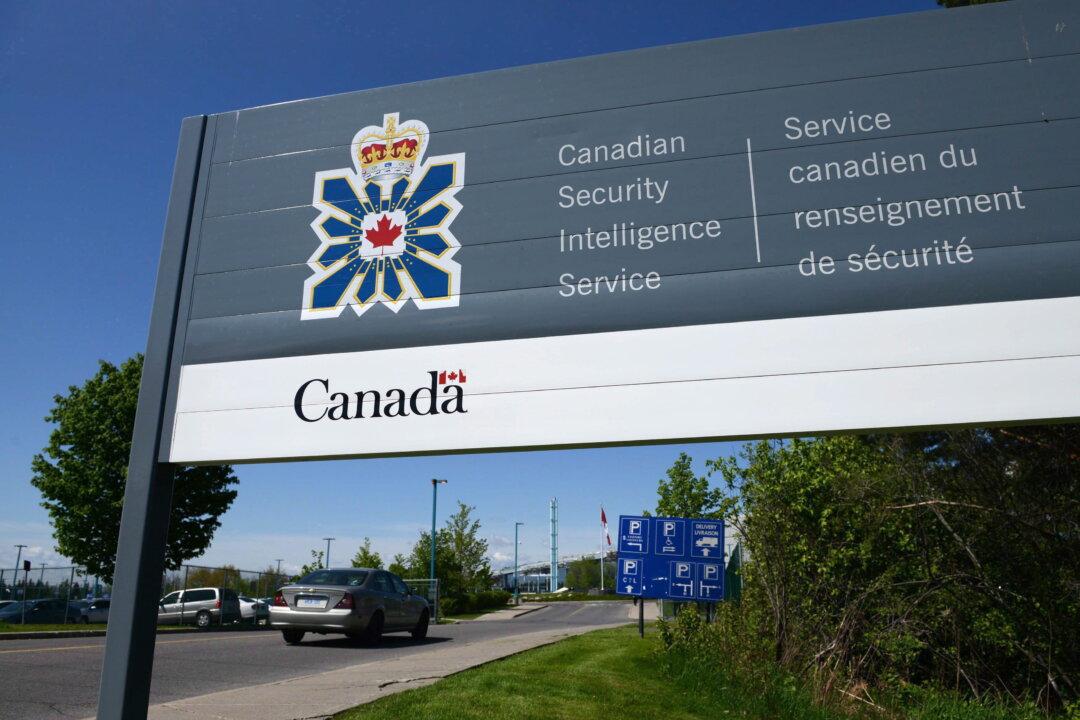The Canadian Security Intelligence Service (CSIS) is seeking authority to disclose sensitive information to domestic entities outside the federal government in order to enhance protection for provinces, cities, and universities, among others. The move comes amid growing concerns over the potential misuse of advanced technologies for espionage and foreign interference.
In a recent public consultation paper, CSIS invited input on proposed changes to the CSIS Act, which outlines the mandates and powers of the federal intelligence agency. The paper addresses increasing concerns about threats posed by foreign actors exploiting technologies beyond Canadian borders. Foreign actors are increasingly targeting human rights activists, dissidents, and other sectors of Canadian civil society, which the agency said have limited access to federal intelligence assessments.





